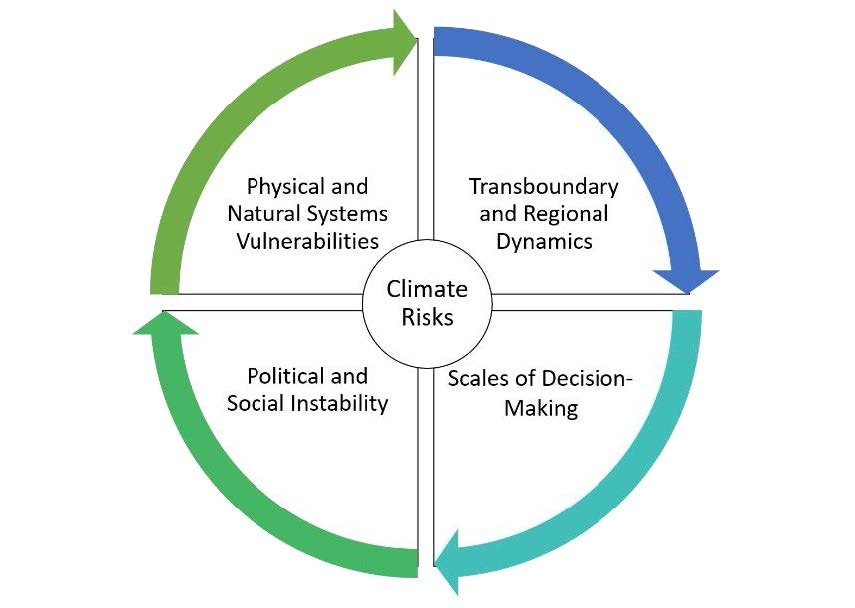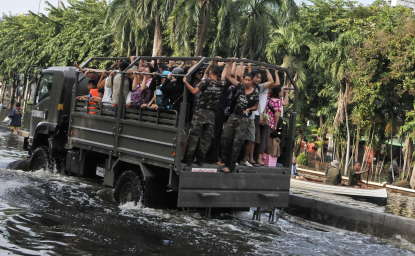Addressing Climate Security Risks in Central America


Since 2017, the Wilson Center and its partners, the National Oceanic and Atmospheric Administration (NOAA) and the University Corporation for Atmospheric Research (UCAR), have coordinated on developing a framework to improve predictive capabilities for security risks posed by climate change. Through workshops with analysts and key decision-makers from across relevant U.S. government agencies and additional related organizations, the project first explored four country and regional case studies—the Horn of Africa, Pakistan, the Caribbean, and the Pacific (specifically, the COFA states)—to better understand the compound risks posed by extreme weather and water-related events and identify entry points for more effective responses. Outcomes from the workshops made clear that existing core dynamics regularly interact with climate change in both predictable and unpredictable ways; understanding the correlations and connections allows for a new framework for analysis:

The framework informs an understanding of climate-related disruptions as proximate events that can have a cascading effect, compounding risks in ways that are often difficult to understand and complicated to unpack. Through application of the framework, we are also better able to link together assessments of risks spanning different durations, and more effectively recommend resiliency measures that can have long-term impact in addition to the short-term emergency response often prescribed in crisis mode.
Most recently, the project team applied the framework in an examination of climate-related risks connected to violence and migration in the Central American countries of El Salvador, Guatemala, and Honduras, through a series of workshops held in 2021 and 2022. This report distills key insights and policy recommendations derived from the Central American case study.
Authors

Former Peacebuilding and Resilience Advisor (2018-2019) & Senior Peacebuilding and Conflict Advisor (2005-2018) U.S. Agency for International Development (USAID)

Contributors



Environmental Change and Security Program
The Environmental Change and Security Program (ECSP) explores the connections between environmental change, health, and population dynamics and their links to conflict, human insecurity, and foreign policy. Read more

Explore More
Browse Insights & Analysis
Can Climate-Resilient Agriculture Become an Engine for Syria’s Post-Conflict Recovery?

ECSP Weekly Watch | March 10 – 14

ECSP Weekly Watch | February 17 – 21
